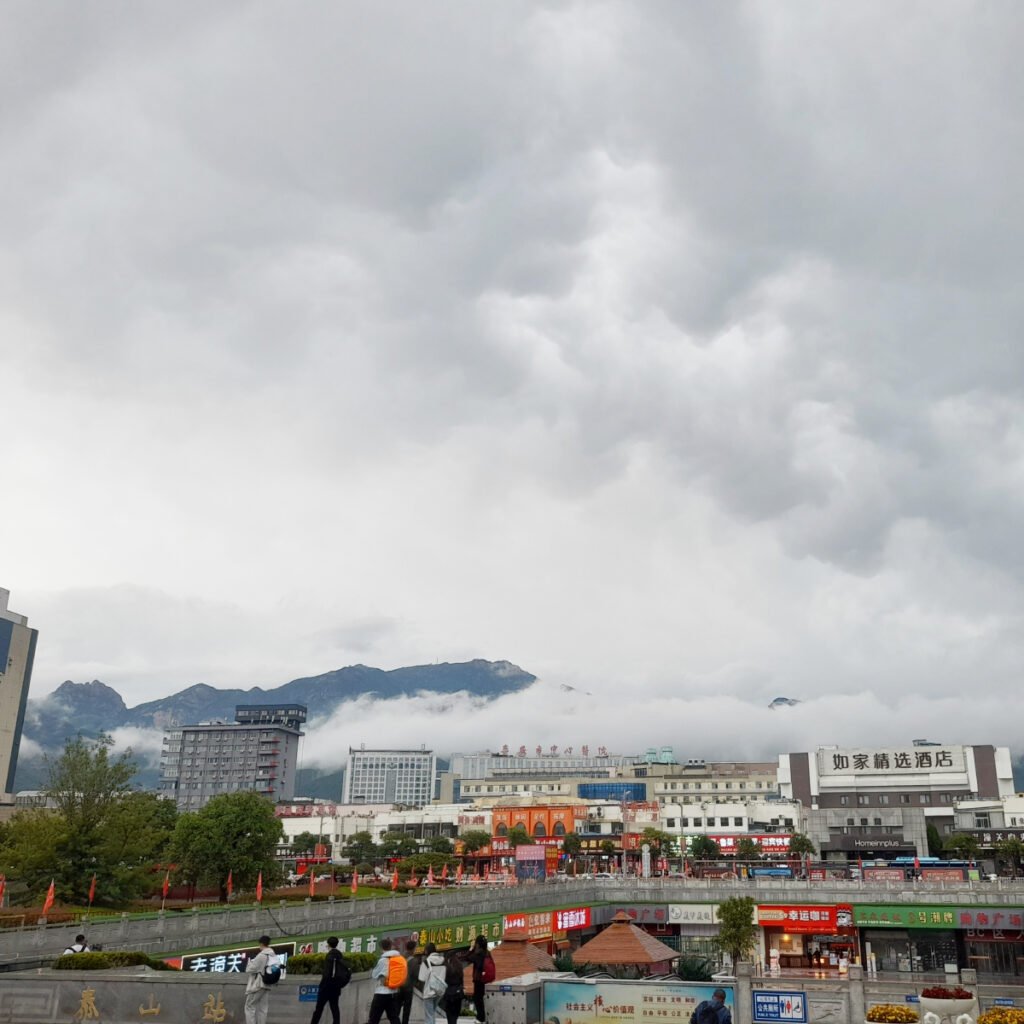articles
China Elevator Stories
Caught in the Grip: The Experience of Being Engulfed
Engulfment is a common tactic used by narcissists to trap their victims.
20/05/2025

Ruth Silbermayr
Author
Have you ever experienced being engulfed by another person? Some narcissists are very prone to engulfing others, and while we may all sometimes feel like our space is invaded or our privacy isn’t respected, extreme engulfment looks very different.
It is a method an abuser uses to trap a victim, making it impossible for them to leave or break free from the abusive situation. It usually leaves the victim feeling entrapped, as if there’s no way out (and sometimes, there really isn’t), and like everything they do is constantly watched—they’re followed, scrutinized, and not allowed to live, walk, or speak freely. Engulfment in a conversation occurs when a victim is not allowed to end the conversation.

If you haven’t experienced engulfment, count yourself lucky—you probably haven’t encountered a severe narcissist! I have experienced it plenty of times. It’s not just about someone coming too close physically (often in a threatening way); engulfment can also happen when someone traps you in communication, not allowing you to leave a verbally abusive conversation where they are denigrating you, “putting you in your place” (usually a place lower than you naturally belong), or otherwise not letting you leave the conversation to be safe.
I also experienced engulfment once when my boss and a superior closed the door of a room to talk with me. They purposefully sat in a way that blocked my exit, right next to the door, while I sat with my back to the wall, leaving me no way to escape the conversation. They didn’t ask if I was okay with having the conversation and forced it onto me—even though I had already talked repeatedly with my boss about the situation, and the discussion didn’t need to be repeated. They tried to pressure me to accept unacceptable conditions and were verbally disrespectful, but I managed to get out by telling them they could talk to me again only if they used a respectful tone and behavior and stopped talking down to me. I was certainly fired soon after.
If you are a highly sensitive person, you’ll easily spot the early signs of engulfment—just by the feeling of it. Your body may react in certain ways—engulfment can make you realize someone is trying to trap you, and it may feel like you’re gasping for air, unable to say anything, pushed into a corner.
Engulfment is not simply when someone unknowingly oversteps a boundary. It is when another person knowingly violates your boundaries or what is considered common knowledge regarding safety and privacy.
I had one flatmate who, once he moved in, engulfed me in different ways. Whenever I tried to cook in the kitchen, he made it impossible. He would come very close and threaten me physically and verbally. Over the following weeks, I stopped cooking at home and instead bought bread at a bakery and sat in a nearby public space until it was late enough to return. I didn’t have a key to lock my door, and he also entered my room, commented abusively on things he found on my phone (with spyware), and made sure I wasn’t allowed in the kitchen or the flat.
Engulfment is often combined with pushy behavior—someone pushing you into a corner or forcing themselves on you so you can’t leave. But it can also mean having your rights taken away, being unable to resist outside pressure—the pressure to consent, to hand over what isn’t theirs, or to allow their engulfing behavior to continue.
In war, engulfment is also frequently used as a tactic. If soldiers are engulfed, they cannot easily escape, just as in everyday settings outside of war.
Have you ever experienced being engulfed?